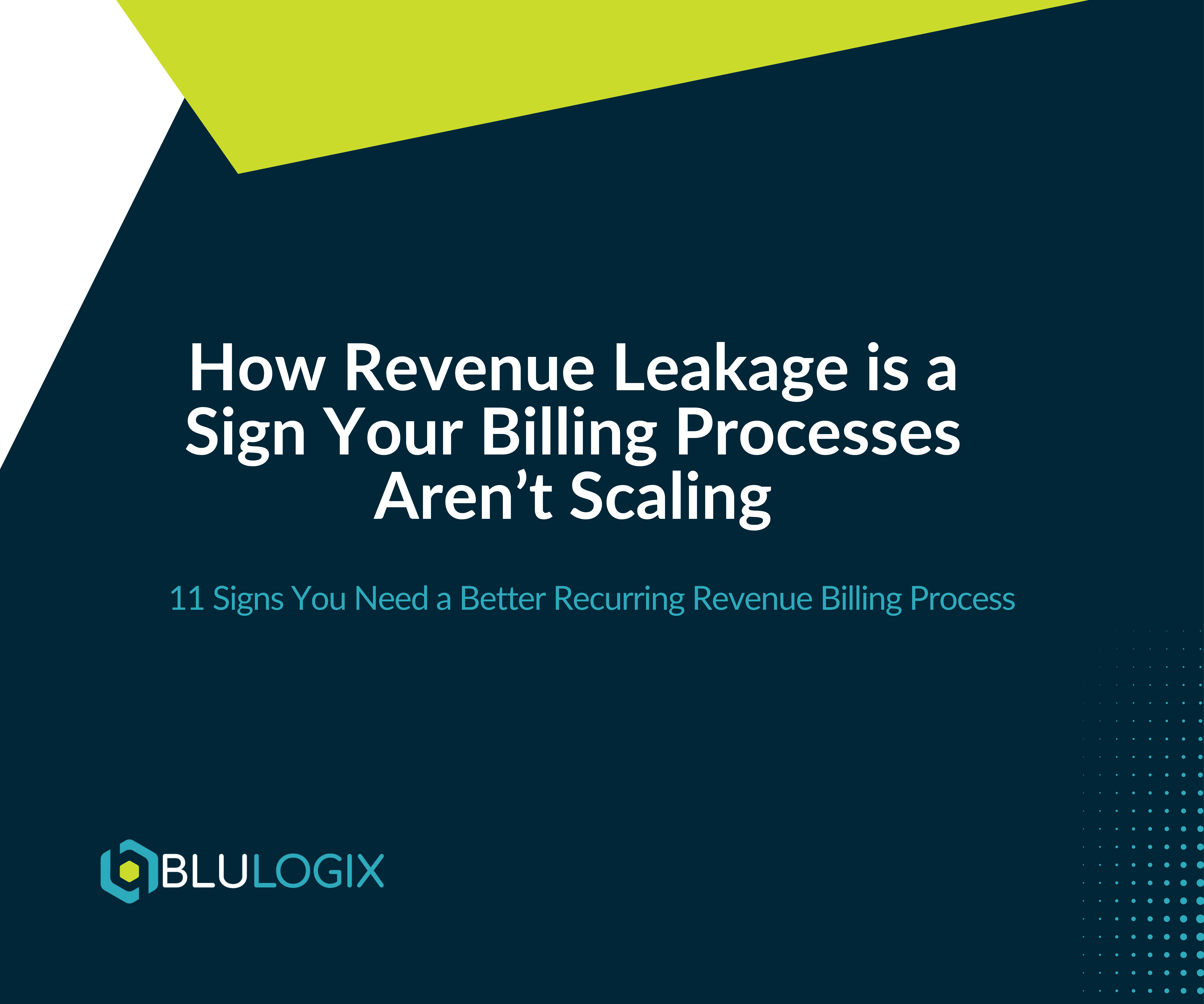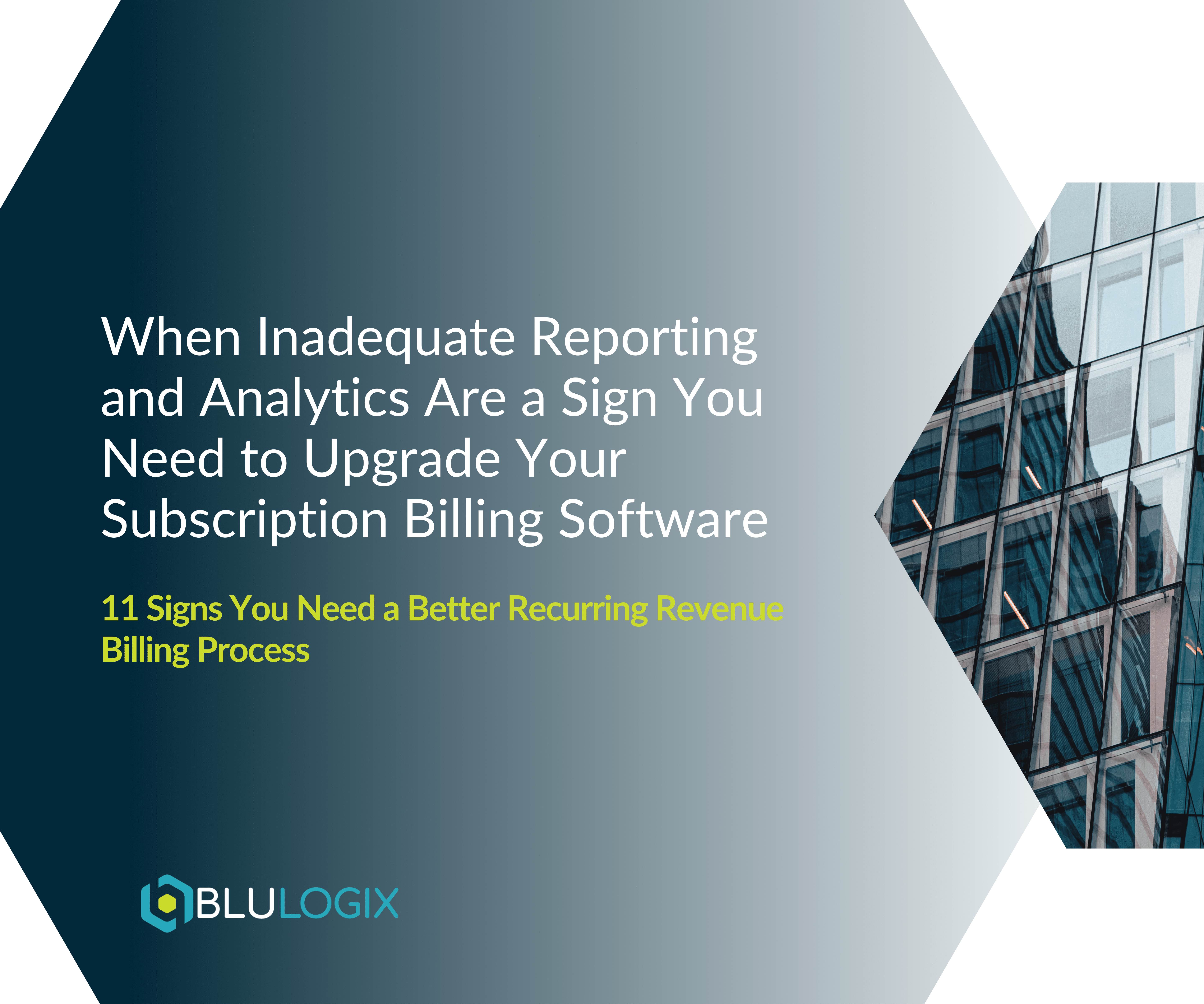Data-Driven Dynamics: What Powering Monetization Strategies Through Analytics Means to Your Business
Unlocking the Potential of Analytics in Crafting Revenue-Boosting Strategies
In the digital economy, where every click, view, and interaction can be measured, data analytics emerges as the cornerstone of informed decision-making. For businesses leveraging subscription models and agile monetization strategies, harnessing the power of analytics is not just an advantage—it’s essential. This blog post explores the pivotal role of data analytics in shaping effective monetization policies, guiding businesses towards enhanced growth, customer satisfaction, and competitive differentiation.
Creating a Monetization Framework For Your Business
The Vital Role of Analytics in Monetization
At its core, analytics provides a window into the behaviors, preferences, and patterns of customers, enabling businesses to tailor their offerings, adjust pricing, and optimize marketing strategies with unprecedented precision. In the realm of monetization, analytics can transform raw data into actionable insights, driving strategies that resonate with target audiences and unlock new revenue opportunities.
Leveraging Analytics for Strategic Monetization
- Customer Segmentation: Analytics allows businesses to segment their customer base into distinct groups based on behavior, usage patterns, and value. This segmentation enables tailored subscription offerings and personalized marketing, increasing conversion rates and customer loyalty.
- Pricing Optimization: By analyzing customer data, businesses can identify the optimal pricing for different segments, maximizing revenue while maintaining customer satisfaction. Dynamic pricing models, informed by real-time analytics, can adjust to market demands and competitor actions.
- Product and Service Innovation: Analytics uncovers gaps in current offerings and highlights areas for improvement or innovation. This insight drives the development of new features, services, or subscription tiers that meet evolving customer needs.
- Churn Prediction and Prevention: Advanced analytics can predict which customers are at risk of churning by identifying patterns in behavior that precede cancellation. This enables proactive engagement strategies to retain customers, such as personalized offers or targeted communication.
- Marketing and Sales Effectiveness: Data analytics measures the impact of marketing and sales initiatives, providing insights into what strategies are most effective at acquiring and retaining subscribers. This feedback loop ensures marketing spend is optimized for the highest return on investment.
Implementing Analytics-Driven Monetization Strategies
- Invest in the Right Tools: Utilize robust analytics platforms that can integrate with your existing data sources and provide comprehensive insights across customer interactions, financial transactions, and subscription metrics.
- Cultivate a Data Culture: Foster a culture where data-driven decision-making is valued. Encourage teams across the organization to leverage analytics in their strategic planning and daily operations.
- Skill Development: Ensure your team has the skills needed to interpret analytics and translate insights into action. This may involve training existing staff or hiring data specialists.
- Continuous Learning and Adaptation: Use analytics as a tool for continuous improvement. Regularly review data insights to refine monetization strategies, responding agilely to changing customer behaviors and market conditions.
Challenges and Ethical Considerations
While analytics offers significant benefits, businesses must navigate challenges such as data privacy concerns, ensuring data quality, and avoiding analysis paralysis. Moreover, ethical considerations around data use and customer privacy must be at the forefront of any analytics-driven strategy.
Data analytics is more than just a tool for understanding the present; it’s a compass that guides future monetization strategies, ensuring they are grounded in real-world behaviors and market dynamics. By embracing a data-driven approach, businesses can craft monetization policies that are not only effective but also resilient in the face of changing market landscapes.
Stay tuned for our next post, where we’ll delve into enhancing customer engagement and retention strategies, a crucial aspect of sustaining and growing subscription-based revenue. Join us as we continue our exploration of advanced monetization strategies in the agile digital marketplace.
Creating a Monetization Framework For Your Business
Learn more

How Revenue Leakage is a Sign Your Billing Processes Aren’t Scaling
Effective customer management is vital for retaining clients and maintaining high satisfaction levels in any subscription-based business model. However, many companies face challenges with

How to Pivot When Cumbersome Customer Management Derails Your Subscription Model
Effective customer management is vital for retaining clients and maintaining high satisfaction levels in any subscription-based business model. However, many companies face challenges with

When Inadequate Reporting and Analytics Are a Sign You Need to Upgrade Your Subscription Billing Software
In the complex landscape of B2B subscription billing, the ability to generate comprehensive and insightful reports is crucial. Businesses often struggle with outdated or

